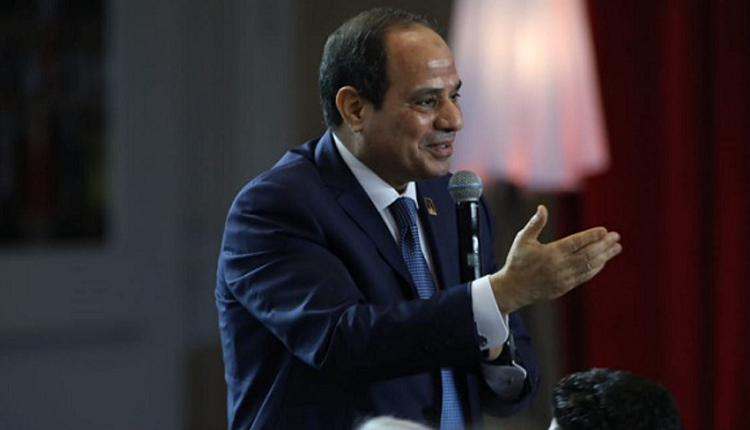Egypt’s President Abdel Fattah al-Sisi told the relevant authorities to boost strategic reserves of staple goods, a presidency spokesman said on Monday, as global concerns about food security rise amid the coronavirus crisis.
Egypt reported 47 new coronavirus cases and one death on Monday, the health ministry said in a statement, bringing the total confirmed infections to 656 with 41 fatalities, according to Reuters.
The country is due to begin harvesting its local wheat crop in April from which the government expects to procure some 3.6 million tonnes of wheat, supply minister Ali Moselhy said earlier this month, seeking to reaffirm that Egypt is well-stocked.
Egypt, the world’s largest wheat buyer, said it already had enough wheat stocks for 3.5 months of consumption, rice reserves sufficient for 4.6 months and enough vegetable oil reserves to last until October.
The state commodity buyer, the General Authority for Supply Commodities (GASC,) bought 120,000 tonnes of vegetable oils at its last tender on March 19 and 360,000 tonnes of Russian and Romanian wheat at its last wheat tender on Feb. 11.
Egypt has not witnessed scenes of mass panic-buying as is prevalent in many European countries during the pandemic. But officials have nonetheless sought to reassure citizens that this behaviour was not necessary and that the country is well-stocked.
Millions of Egyptians depend on the government’s subsidy programme for access to discounted staples such as bread, pasta and cooking oil.
The president also stressed the importance of the role of consumer protection agencies to ensure the flow of staple goods to Egyptians ahead of the holy Muslim fasting month of Ramadan, which is expected to begin in late April and is a time when consumption normally increases.
